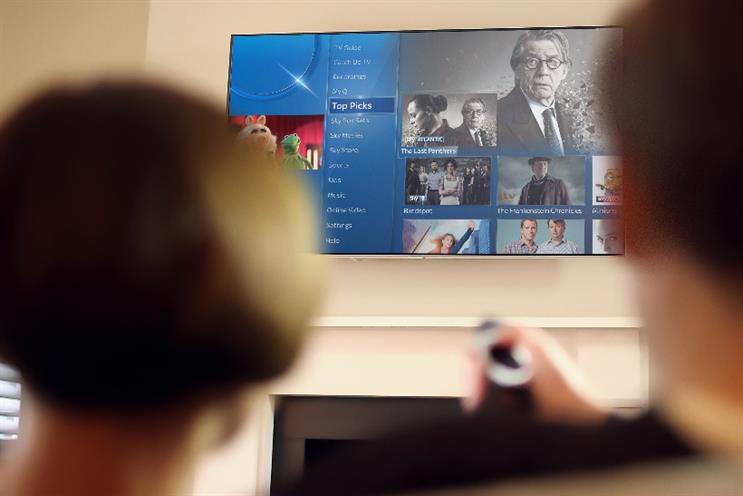It won’t be long before the mood music in the advertising industry changes dramatically (conference organisers, please note). Comcast’s bid for Sky this week strikes a fortissimo note in what was already a quickening crescendo.
In recent times our industry has become obsessed by the delights and shortcomings of online advertising, with programmatic going from hero to zero in two years but still frustratingly raking in the money for its practitioners. Whole digital forests have been felled by the debate over the digital duopoly, viewability, ad fraud and brand safety. We’re just getting going on blockchain and how GDPR is going to either constrict or stimulate the market.
But there is a shiny new game in town called television, and the battle for control of the world’s favourite medium is going to dominate the narrative and make the last couple of years’ worth of industry discourse look like small beer.
The TV advertising industry is worth some $200bn (£144bn) according to Statista, but the really big money comes from the golden combination of subscription, telecoms earnings, content distribution and advertising that the world’s biggest corporations are competing for. We had better get used to the idea that advertising is going to have to play second or third fiddle in this orchestra.
Apple, Amazon, Facebook and Google are already competing for prime TV properties with Netflix. Disney’s bid for Fox vies with AT&T’s pursuit of Time Warner in the race among the traditional media companies to defend themselves against the digital barbarians.
And now Comcast’s offer for Sky raises the stakes as the industry goes global, with Comcast aiming to raise its non-US revenues from 9% to 25%, Sky’s newly-minted European footprint being a major prize. The best content is getting more expensive as competition grows, and it’s not going to be paid for with advertising revenue. Worldwide subscription and access fees are the key to this market now.
If advertising is going to have to play a minor role in the orchestra, the UK will also have to settle for a lesser part, albeit a noisy one.
As yet the advertising industry seems to have been curiously mute on this unfolding story. It’s almost as if the obsession with all things "digital" (but not including TV) has become such a distraction that we only act as observers while the biggest and most effective advertising medium undergoes its own internet-led revolution. It’s as if talk about TV was evidence of backwardness.
It’s time for the advertising industry to wake up and talk about TV again (and avoid circumlocutions such as ‘Audio Visual’ to stretch the elastic over anything on a screen). The world’s most effective advertising medium is changing fast and advertisers, aided and abetted by their advisors, need to move quickly and actively to adapt to the changing environment, where audiences, data and money will flow in many different directions.
The traditional model of TV advertising has not changed as much as it needs to (Contract Rights Renewal, anyone?), with the planning, buying, measurement and selling still relatively unchanged compared to online display.
Advertisers should challenge their advisors (agency, measurement and consultants) to anticipate the changes in TV as it shifts from the standard model where linear delivery predominates, to a genuine mix of traditional delivery mechanisms with internet distribution on multiple devices. New modes of delivery will bring rich new data flows for broadcasters and distributors to use for consumer purposes, and these will provide us with equally insightful ways to address advertising audiences. And, touch wood, in a world where viewability, fraud and brand safety are lesser issues as gatekeeper control provides a better environment.
It is a curious paradox of our industry that it ignores the uncontested effectiveness data of TV’s success in the pursuit of elusive audiences which have atomised across multiple digital channels. The investments in television made by the new digital players will combine with the more defensive investments by legacy players to provide a Golden Age for TV. Now advertisers and their chosen partners need to calculate how to capitalise on this while avoiding the potential pitfalls.
Standing still is not an option, and in this game of musical chairs, advertisers won’t want to be missing a seat when the music stops.
Nick Manning is former chief strategy officer of Ebiquity and co-founder of Manning Gottlieb


